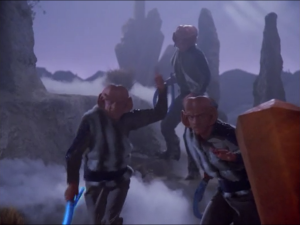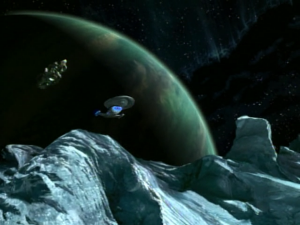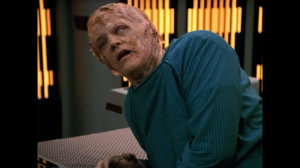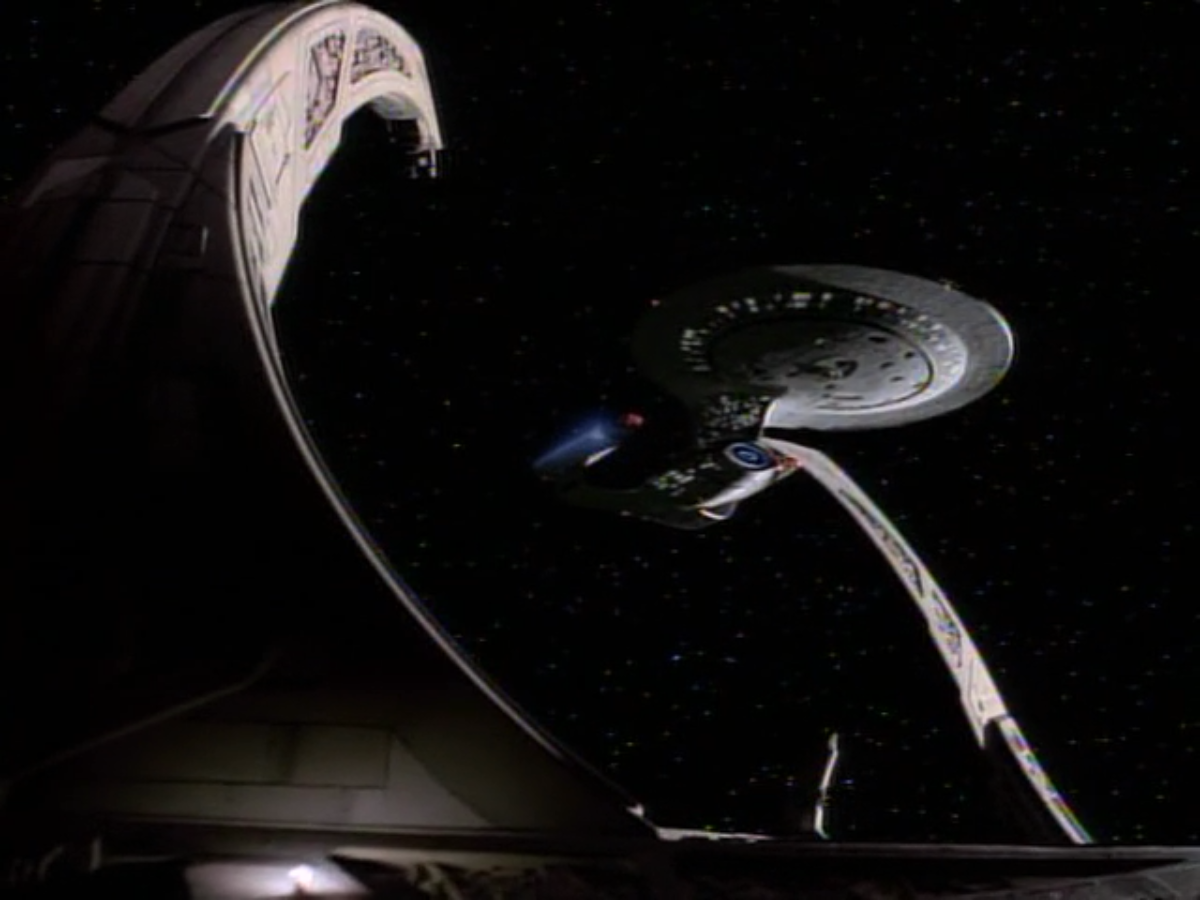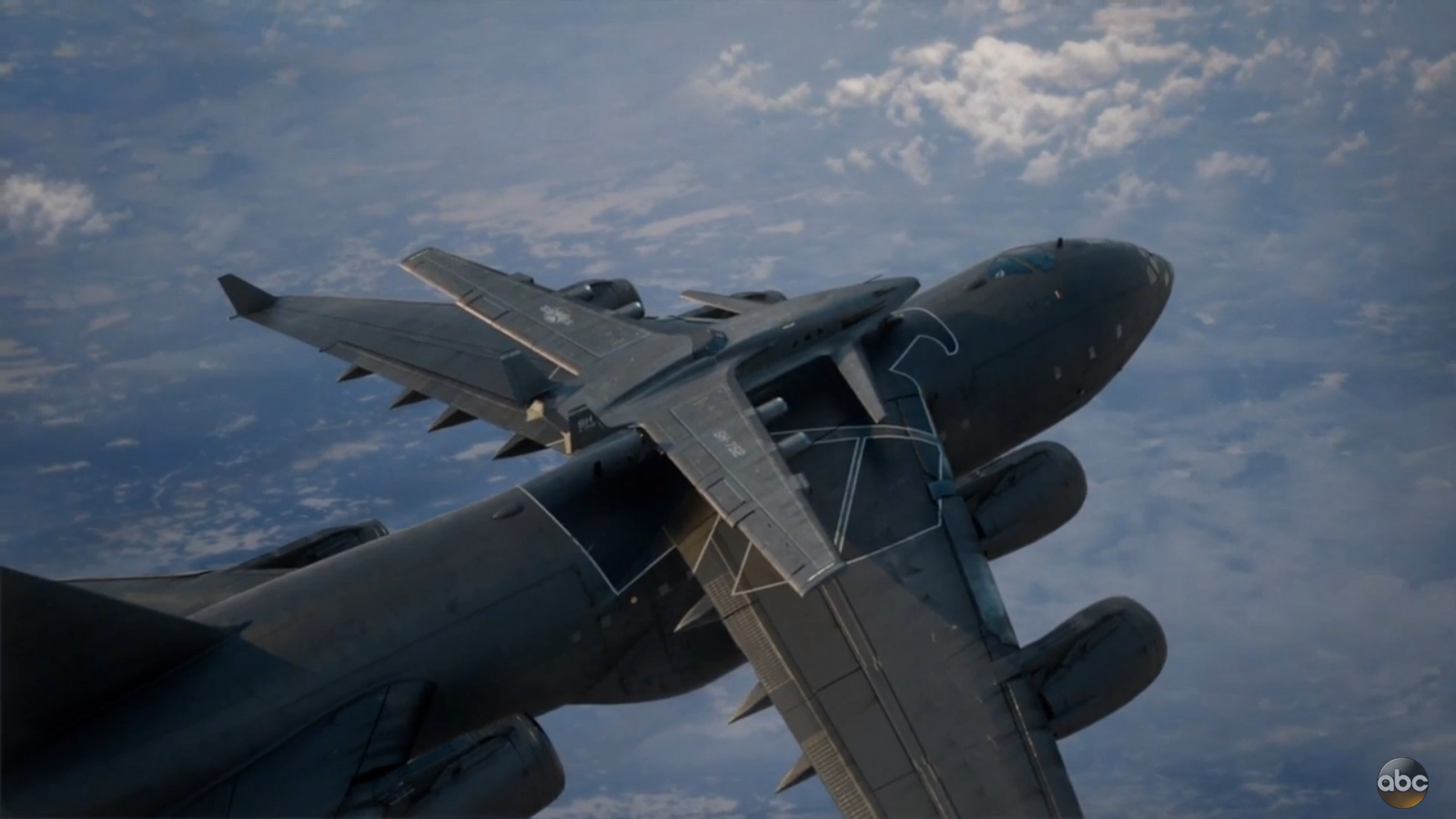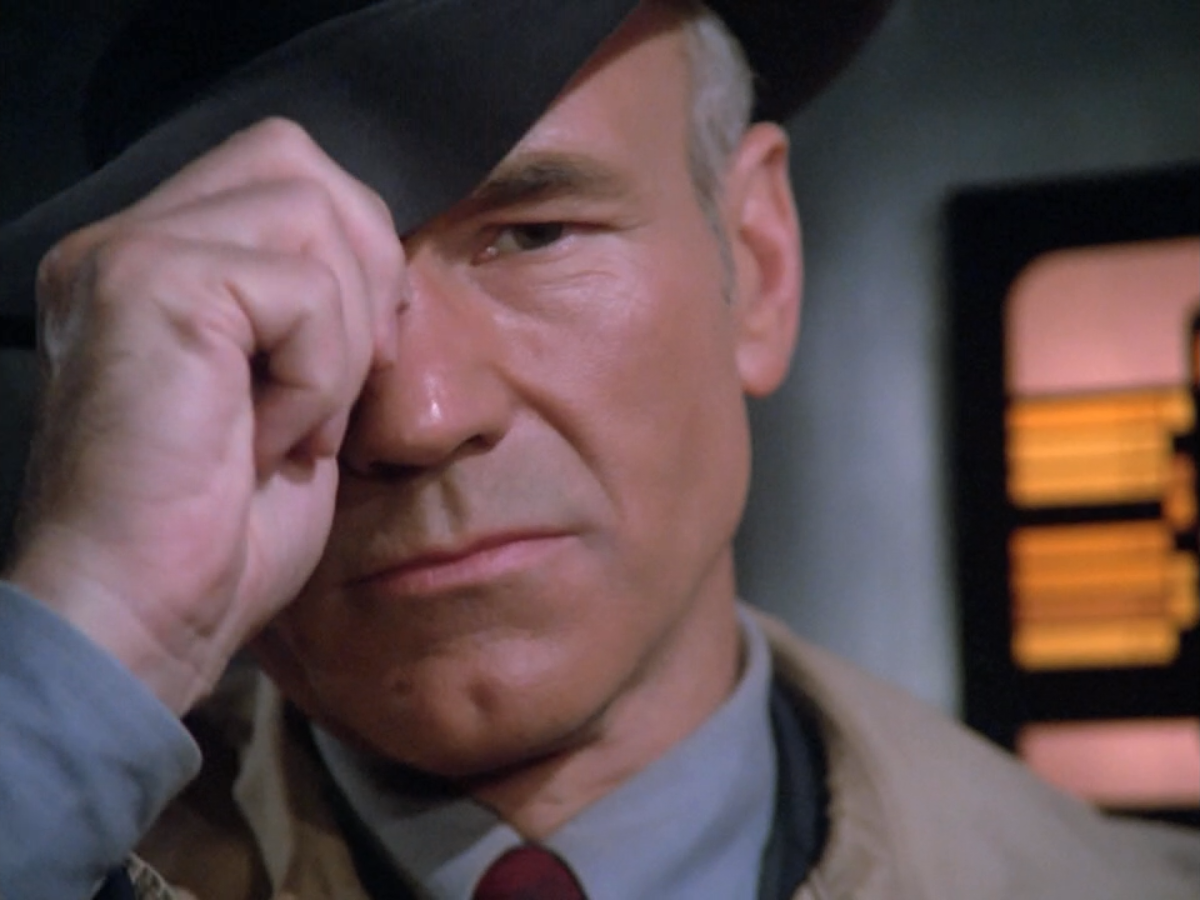Franchise Potential, Part 2
- December 8th, 2014
- Write comment
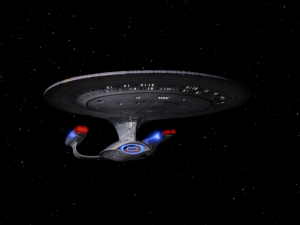 So last week I discussed what makes a show capable of producing spinoffs that succeed independently, and a big part of that was the parent show having an open premise. Star Trek was simply about the exploration of space, while Battlestar Galactica was narrowly focused on the story of human survival after the end. The fact that it’s set in space is almost incidental most of the time. But there has to be another aspect to it. After all, Lost in Space and Space 1999 were contemporaries of Star Trek TOS with similarly open premises and yet they’re all but forgotten by comparison. So what else is there?
So last week I discussed what makes a show capable of producing spinoffs that succeed independently, and a big part of that was the parent show having an open premise. Star Trek was simply about the exploration of space, while Battlestar Galactica was narrowly focused on the story of human survival after the end. The fact that it’s set in space is almost incidental most of the time. But there has to be another aspect to it. After all, Lost in Space and Space 1999 were contemporaries of Star Trek TOS with similarly open premises and yet they’re all but forgotten by comparison. So what else is there?

